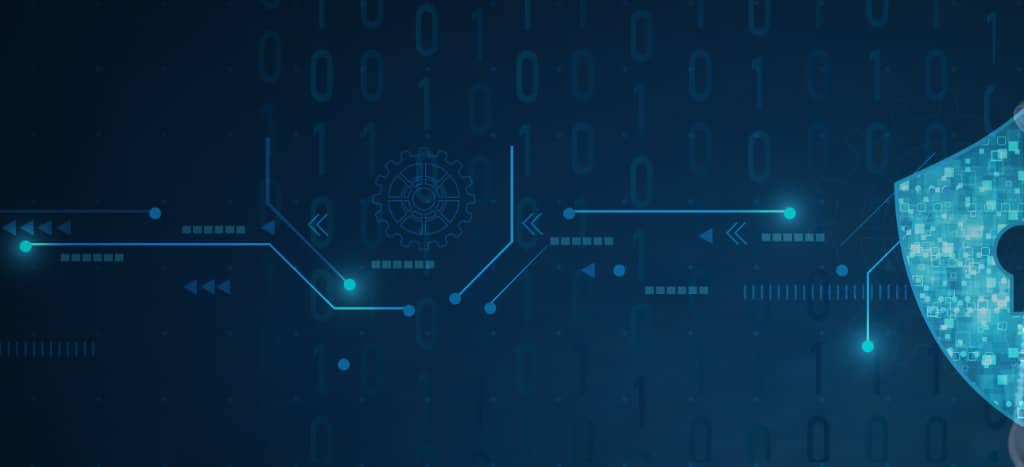The powers available to Police under section 49 of The Regulatory Investigative Powers Act (RIPA) 2000 were once, only used in the most unique and complex cases; and historically most frequently in relation to allegations of terrorism. It was used as a tool to try and obtain information held on the phone, computer or any other electrical device of the person detained. However, the willingness of the Police to use the powers granted under Section 49 RIPA is seen in more and more cases at the Police Station. Now it seems to form the basis of most investigations conducted, for a huge range of offences.
Police Seizing Electronic or DIGITAL Devices under Section 49 Ripa – Phones, Laptops etc.
If you are arrested and the Police believe that your phone, laptop or any other electrical device that holds information that can help them prevent or detect crime, then they can seize it. The purpose of seizing a device is to see what information it contains, and more importantly to see if it contains evidence that they can use against you in their inquiry.
Whilst you are in custody, the Police will ask you to disclose to them any password, pin lock or encryption code. This can be in the form of a Section 49 RIPA notice.
What does the RIPA Act do?
The Regulation of Investigatory Powers Act 2000 (RIPA) governs the use of investigatory powers granted to police and other bodies covering communications, data and surveillance. RIPA governs actions that interfere with an individual’s privacy that would normally be illegal if carried out by a private individual.
The purpose of the Act is to ensure that the relevant investigatory powers granted to authorities and law enforcement are used in line with human rights. These powers are:
- The interception of communications
- The acquisition of communications data
- Intrusive surveillance (on residential premises or in private vehicles)
- Covert surveillance in the course of specific operations
- The use of covert human intelligence sources (agents, informants, undercover officers)
- Access to encrypted data.
The act doesn’t only cover police but also includes law enforcement bodies, security and intelligence services, as well as a large number of public bodies (including local government).
What is a Section 49 RIPA Notice?
Section 49 of the Regulatory Investigative Powers Act (RIPA) 2000 provides a power to serve a notice requiring a person to provide a password, PIN or code to allow access to an electronic or digital device. If your phone has been seized, or in a situation where a power to inspect the device has been exercised, police may provide you notice that they require whatever code, ‘key’, or encryption to allow access.
This allows law enforcement, such as the police, to serve notice if:
- They reasonably believe that a suspect has a password or code in their possession
- Disclosure is necessary in the prevention or detection of crime.
- The protected material cannot be obtained by other reasonable means
- Disclosure of the information is considered proportionate.
Do I have to Comply with section 49 RIPA notice?
If you have been served with a RIPA notice, you do not have to comply and provide the requested information. However, section 53 of RIPA makes refusal to comply with the terms of Section 49 notice a criminal offence. This is punishable with imprisonment of up to 2 years, and up to 5 years in cases involving child indecency or national security. As such it is important to seek legal advice at the earliest possible moment to ensure that your actions do not harm any future defence. Contact our top-tier criminal defence through our contact page here. Alternatively you can phone 0333 240 7373, or email us at info@reeds.co.uk.
What happens if I refuse to provide access to my digital device?
Should you refuse to disclose any information that will allow the Police to examine your device, then the Police can apply to the Magistrates Court to obtain an order that places a burden on you to disclose such information to the Police. There are a few defences available to not providing the password, pin lock or encryption code though these are challenging. An example of this may be when a person claims that they are not in possession of the passcode. We have written an article on refusing to provide access here. Failure to comply with this order can result in you being charged with a separate offence which, if convicted or you plead guilty, can lead to a term of imprisonment of up to 2 years.
There are times when the failure to comply punishment is exceeded by a charge of a serious criminal offence. Therefore we see cases where a suspect prefers to refuse to assist the police in access to hamper them securing evidence which could result in the prosecution of a more serious offence.
Can the Police still access my device without a PIN or passcode?
Yes, the Police may still be able to access your device without your co-operation. Though this route may require specialists.
What should I do if the police have requested access to my phone or laptop?
Only you know what information your device contains and how much harm it can cause you should you find yourself in a position where you face questioning under caution. It is another reason why it is so important to seek specialist legal advice if you are arrested or invited for a voluntary interview. The decisions taken at the investigation stage can have a huge impact on the direction of the case as a whole.
If you or a family member require police station assistance, you can call our out of hours number 0333 240 7373 at any time of the day or night, and follow the options that apply to your locality. Alternatively you can contact us through our contact page here, or email us at info@reeds.co.uk.
